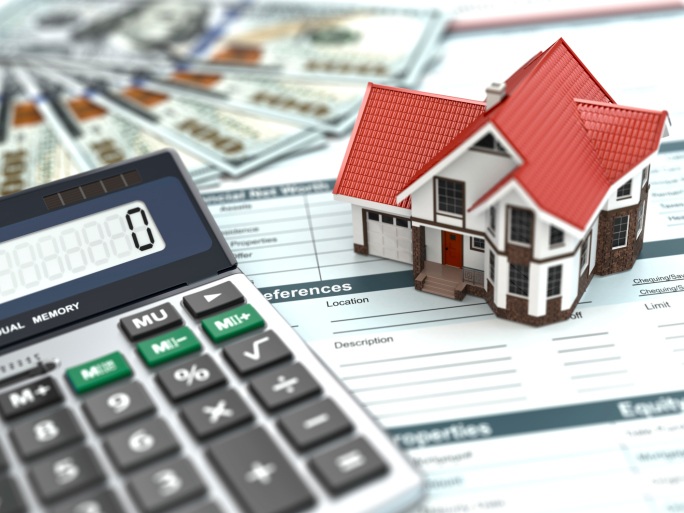You Ask, We Answer: How Often Should I Refinance the Mortgage on My House?
 Refinancing a home mortgage can provide you with an incredible range of benefits. These include everything from reducing your mortgage term and lowering your payments to helping you more effectively build equity or pulling equity out to use for beneficial purposes.
Refinancing a home mortgage can provide you with an incredible range of benefits. These include everything from reducing your mortgage term and lowering your payments to helping you more effectively build equity or pulling equity out to use for beneficial purposes.
One common question that many homeowners ask is how often a mortgage should be refinanced. While there are benefits associated with mortgage refinancing, there are also some points to consider before you rush into the process.
Think About Refinancing Costs
First, remember that each mortgage application will come with refinancing costs. These costs can equate to thousands of dollars in some cases, and they include title fees, lender fees, appraisal fees and more. While these costs can typically be rolled into your home mortgage so that you pay very little money out of pocket, these costs will increase the amount of debt that is tied to your home. When you refinance too often, you are negating the effects of principal reduction from your mortgage payments.
Consider the Impact On Home Equity
Some who refinance will choose a straight rate and term refinance, and they will not pull equity out of their home. Others, however, have the desire to tap into their home equity to pay off other debts, to fix up the house, to take a vacation or for other purposes. When you tap into your home equity, you may be having a negative impact on your financial situation, depending on how you use the funds.
Pay Attention To Your Final Loan Payoff Date
Before you make a decision to refinance your home mortgage, you also should focus on your loan payoff date. Many have the goal in mind of paying off their home mortgage before they retire, and this is especially true if you plan to live in the home after retirement. On the other hand, you may have plans to sell the home and downsize before retiring. Your refinance will adjust your loan payoff date, so this is an important factor to weigh into your decision making process.
You may know people who refinance every year, and you may know others who have owned their home for a decade or longer without ever having refinanced. Each homeowner has a unique financial situation. You can speak with a mortgage professional to learn more about the specific benefits associated with a refinance loan, and you may also keep these points in mind to assist with your final decision.

 Refinancing your mortgage can make good financial sense, as long as you are doing it for the right reasons. Before considering a refinance, it’s worth spending some time to assess what your financial goals are.
Refinancing your mortgage can make good financial sense, as long as you are doing it for the right reasons. Before considering a refinance, it’s worth spending some time to assess what your financial goals are. Do you have a mortgage? You’ve likely seen or heard a lot about mortgage refinancing as interest rates remained low in recent months.
Do you have a mortgage? You’ve likely seen or heard a lot about mortgage refinancing as interest rates remained low in recent months.